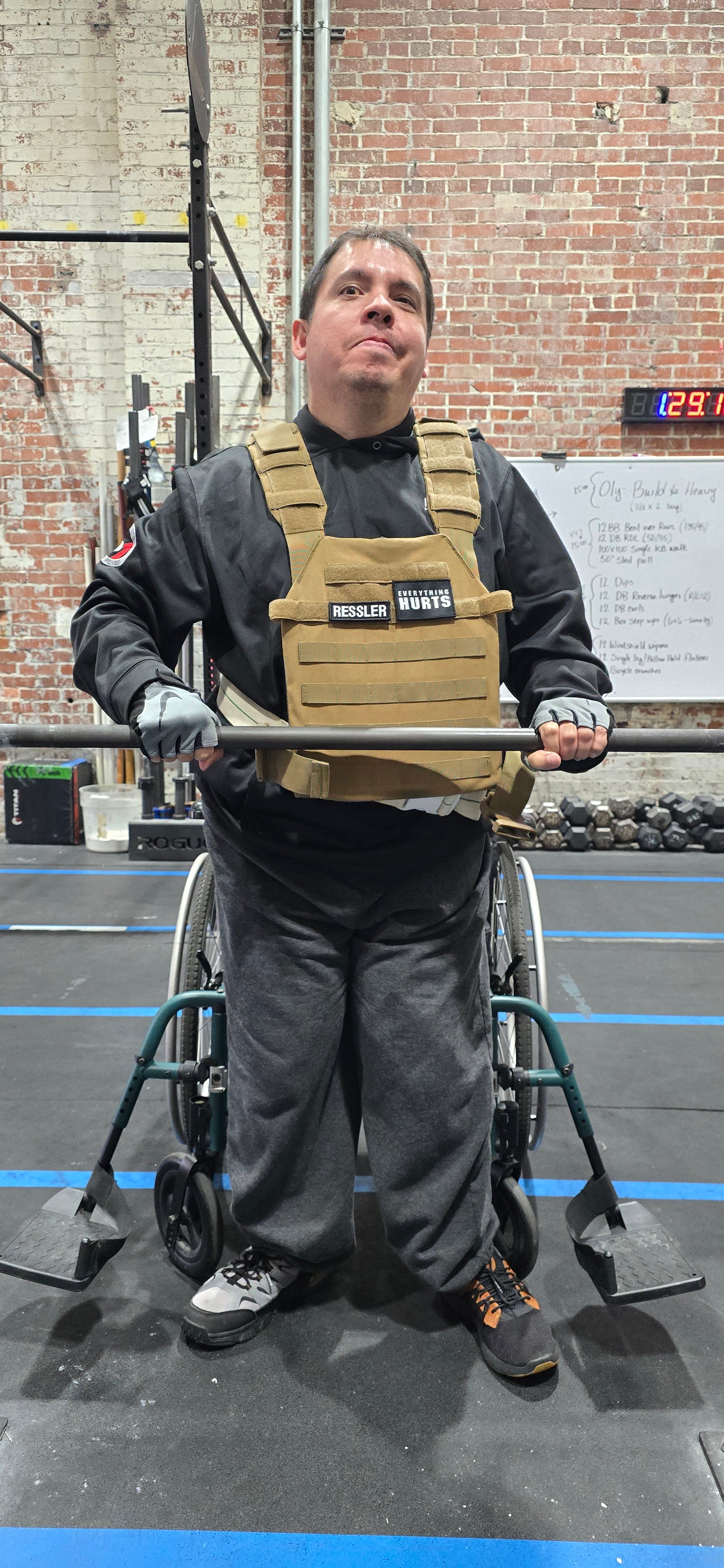
Empathy vs. Sympathy: A TBI Survivor's Perspective
Share
Alright, team! Today we’re diving deep into a critical topic that can make or break your interactions with traumatic brain injury (TBI) survivors: empathy versus sympathy. Listen up! It’s time to get our heads in the game and understand the emotional terrain we’re navigating. This isn’t just about being nice; it's about forging genuine connections that matter.
## Understanding Empathy and Sympathy
First, let’s break down the basics. *Sympathy* is feeling pity for someone, acknowledging their pain from a distance. It’s like standing on the sidelines, watching the game unfold but not stepping onto the field. On the other hand, *empathy* is about getting into the trenches with them—understanding their feelings and experiences from their perspective. You’re not just an observer; you’re a teammate in the struggle.
### The Research Speaks
A study published in the journal *Social Cognitive and Affective Neuroscience* found that empathy activates the brain’s mirror neurons, which help us feel the emotions of others. When it comes to TBI survivors, tapping into empathy can create a sense of emotional safety that sympathy just can’t. According to Dr. David Creswell from Carnegie Mellon University, “Empathy fosters social support, which is crucial for those dealing with chronic health conditions, including TBI.”
## The Emotional Intelligence Factor
Now, let’s connect this to emotional intelligence (EI). Emotional intelligence is the ability to recognize and manage your emotions and the emotions of others. For TBI survivors, whose emotional landscapes may be unpredictable, having a high EI can be a game-changer. Studies show that people with higher emotional intelligence are better at empathizing, which leads to more meaningful support and less emotional distress for those they’re helping.
### Emotional Safety: The Key to Connection
When you approach a TBI survivor with empathy, you’re providing them with emotional security. You’re signaling that it’s okay to feel vulnerable, to express their fears and frustrations without judgment. A study published in *Neuropsychology Review* emphasizes that emotional safety is crucial for TBI survivors to rebuild trust and resilience. Sympathy? That’s often perceived as condescension, a wall rather than a bridge.
## Getting in the Game: Strategies for Empathy
Alright, let’s talk strategy. Here’s how to step up your game and cultivate empathy:
1. **Active Listening**: Pay attention! Don’t just hear the words; feel the emotions behind them. Reflect back what you hear to show you’re engaged.
2. **Share Experiences**: If applicable, share your own challenges. This isn’t about playing the “who’s had it worse” game, but rather about showing that you understand struggle.
3. **Ask Questions**: Get curious! “How does that make you feel?” or “What do you need right now?” These questions invite deeper conversation and connection.
4. **Be Present**: Sometimes just being there, without the need to fix anything, can provide immense comfort. Your presence is powerful!
5. **Educate Yourself**: Understand the unique challenges TBI survivors face. The more you know, the better equipped you’ll be to empathize.
## Conclusion: Time to Step Up
Listen up, folks: If you’re in a position to support TBI survivors, it’s time to ditch the sympathy and embrace empathy. It’s not just a nicer option; it’s the only option if you want to truly connect and make a difference in their lives. Emotional intelligence isn’t just a buzzword; it’s a crucial skill that can transform your relationships and foster healing.
So get out there, put these strategies to work, and bring your A-game! If you want to make an impact, you owe it to yourself and to the TBI survivors you’re supporting to lead with empathy. Let’s go!
## Understanding Empathy and Sympathy
First, let’s break down the basics. *Sympathy* is feeling pity for someone, acknowledging their pain from a distance. It’s like standing on the sidelines, watching the game unfold but not stepping onto the field. On the other hand, *empathy* is about getting into the trenches with them—understanding their feelings and experiences from their perspective. You’re not just an observer; you’re a teammate in the struggle.
### The Research Speaks
A study published in the journal *Social Cognitive and Affective Neuroscience* found that empathy activates the brain’s mirror neurons, which help us feel the emotions of others. When it comes to TBI survivors, tapping into empathy can create a sense of emotional safety that sympathy just can’t. According to Dr. David Creswell from Carnegie Mellon University, “Empathy fosters social support, which is crucial for those dealing with chronic health conditions, including TBI.”
## The Emotional Intelligence Factor
Now, let’s connect this to emotional intelligence (EI). Emotional intelligence is the ability to recognize and manage your emotions and the emotions of others. For TBI survivors, whose emotional landscapes may be unpredictable, having a high EI can be a game-changer. Studies show that people with higher emotional intelligence are better at empathizing, which leads to more meaningful support and less emotional distress for those they’re helping.
### Emotional Safety: The Key to Connection
When you approach a TBI survivor with empathy, you’re providing them with emotional security. You’re signaling that it’s okay to feel vulnerable, to express their fears and frustrations without judgment. A study published in *Neuropsychology Review* emphasizes that emotional safety is crucial for TBI survivors to rebuild trust and resilience. Sympathy? That’s often perceived as condescension, a wall rather than a bridge.
## Getting in the Game: Strategies for Empathy
Alright, let’s talk strategy. Here’s how to step up your game and cultivate empathy:
1. **Active Listening**: Pay attention! Don’t just hear the words; feel the emotions behind them. Reflect back what you hear to show you’re engaged.
2. **Share Experiences**: If applicable, share your own challenges. This isn’t about playing the “who’s had it worse” game, but rather about showing that you understand struggle.
3. **Ask Questions**: Get curious! “How does that make you feel?” or “What do you need right now?” These questions invite deeper conversation and connection.
4. **Be Present**: Sometimes just being there, without the need to fix anything, can provide immense comfort. Your presence is powerful!
5. **Educate Yourself**: Understand the unique challenges TBI survivors face. The more you know, the better equipped you’ll be to empathize.
## Conclusion: Time to Step Up
Listen up, folks: If you’re in a position to support TBI survivors, it’s time to ditch the sympathy and embrace empathy. It’s not just a nicer option; it’s the only option if you want to truly connect and make a difference in their lives. Emotional intelligence isn’t just a buzzword; it’s a crucial skill that can transform your relationships and foster healing.
So get out there, put these strategies to work, and bring your A-game! If you want to make an impact, you owe it to yourself and to the TBI survivors you’re supporting to lead with empathy. Let’s go!
